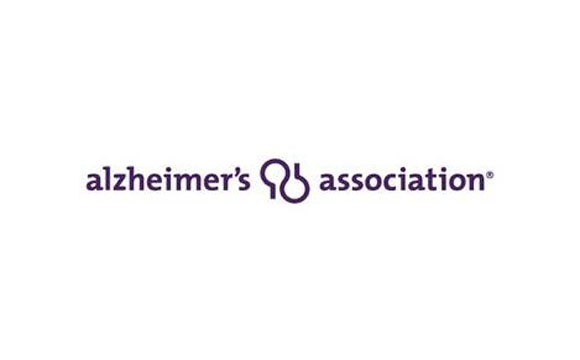 Raleigh, NC – The Alzheimer’s Association – Eastern North Carolina Chapter and the Alzheimer’s Association – Western Carolina Chapter are partnering with a slate of North Carolina public officials, to host its first-ever NC Advocacy Virtual Town Halls in May.
Raleigh, NC – The Alzheimer’s Association – Eastern North Carolina Chapter and the Alzheimer’s Association – Western Carolina Chapter are partnering with a slate of North Carolina public officials, to host its first-ever NC Advocacy Virtual Town Halls in May.
Participants will receive an update on state facts and figures, important COVID-19 information for caregivers, and hear from thought leaders on policy priorities in North Carolina.
While the COVID-19 pandemic threatens the health of millions in this country and around the world, the novel coronavirus presents unique challenges for more than 5 million Americans, including 180,000 North Carolina residents, living with Alzheimer’s and their caregivers.
The first NC Advocacy Virtual Town Hall will be held on Wednesday, May 6 from 2-3 p.m. It will focus on plans for the expansion of dementia training requirements in North Carolina and will feature State Representative John Hardister (D-59), who is a NC State House COVID-19 Committee Member and Scott Herrick, North Carolina Director of Public Policy for the Alzheimer’s Association.
The second NC Advocacy Virtual Town Hall will take place on Tuesday, May 12 from 2-3 p.m. It will focus on plans for the expansion of public health messaging for professionals and caregivers across North Carolina and will feature State Senator Terry Van Duyn (D-49), who is a Senate Healthcare Committee Member and Scott Herrick, North Carolina Director of Public Policy for the Alzheimer’s Association
Attendees are invited to join via video/webinar or through a toll-free number. There is no charge to participate in the NC Advocacy Virtual Town Halls, but registration is required at tinyurl.com/ALZTownHallsMay20 or by calling 336-814-3721. Participants will be sent conferencing details prior to the date of each virtual town hall.
“With all the uncertainty during these ever-changing times, we are grateful that our elected leaders are at the forefront of this epidemic and willing to share their support,” said Lisa Roberts, executive director of the Eastern North Carolina Chapter. “We encourage people to join our NC Advocacy Virtual Town Halls, which are a great opportunity to connect and to stay informed about key issues impacting the Alzheimer’s community throughout our state.”
More than 16 million family and friends, including 479,000 in North Carolina, provide unpaid care to people with Alzheimer’s or other dementias in the United States. To help family caregivers navigate the current complex and quickly changing environment, the Alzheimer’s Association is offering additional guidance to families at alz.org/COVID19.
Additional Facts and Figures: (http://www.alz.org/facts/)
- Alzheimer’s disease is the sixth-leading cause of death in the United States.
- More than five million Americans are living with the disease, including 180,000 North Carolina residents — a number estimated to grow to as many as 210,000 by year 2025.
- More than 16 million family and friends, including 479,000 in North Carolina, provide unpaid care to people with Alzheimer’s or other dementias in the United States.
- In 2019, friends and family of those with Alzheimer’s in North Carolina provided an estimated 545 million hours of unpaid care, a contribution valued at $7.15 billion.
About the Alzheimer’s Association:
The Alzheimer’s Association is the leading voluntary health organization in Alzheimer’s care, support and research. Our mission is to lead the way to end Alzheimer’s and all other dementia — by accelerating global research, driving risk reduction and early detection, and maximizing quality care and support. Our vision is a world without Alzheimer’s® and all other dementia.
About the Alzheimer’s Association – Eastern North Carolina Chapter:
The Eastern North Carolina Chapter provides patient and family services, information and referral, education, and advocacy in 51 eastern North Carolina counties. It offers opportunities to get involved and to make a difference, in addition to variety of services including: a 24/7 Helpline, support groups, educational programs, and MedicAlert®. For more information about Alzheimer’s disease, or the Alzheimer’s Association, Eastern North Carolina Chapter, visit www.alz.org/nc or call 800-272-3900. For the latest news and updates, follow us on Facebook, Twitter and Instagram.
Submitted by: Christine John-Fuller, Alzheimer’s Association

